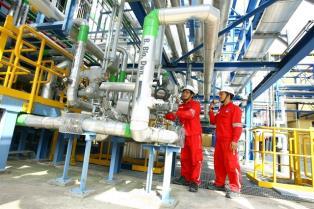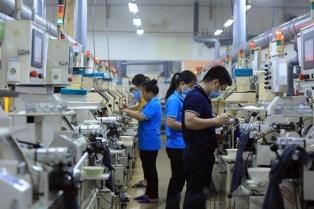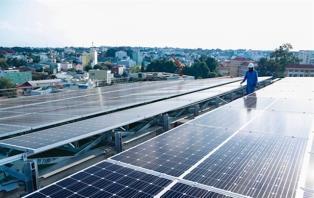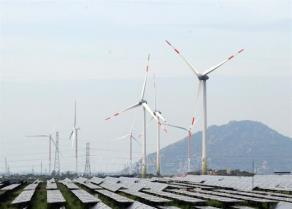There are mixed opinions around the Ministry of Industry and Trade's proposed interest rate subsidy for rooftop solar power.
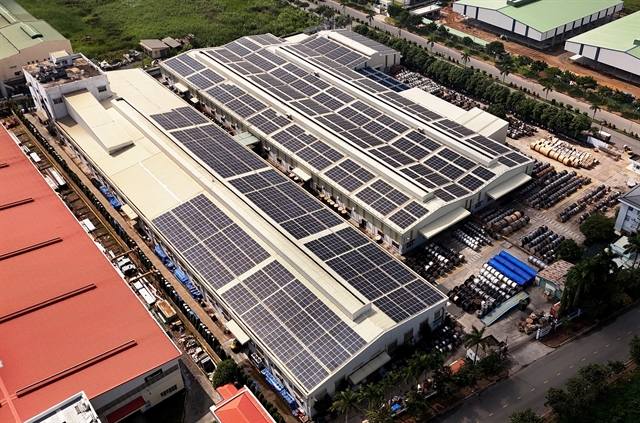
HÀ NỘI — The State Bank of Vietnam (SBV) has opposed the Ministry of Industry and Trade’s proposal to provide subsidised interest rates on commercial loans for households installing rooftop solar systems.
Commenting on a draft Prime Minister’s decision on a self-generating and self-consuming rooftop solar power rate subsidy, the SBV said the move was not aligned with existing credit regulations.
The SBV also noted that using local budgets to channel subsidies through banks would create procedural obstacles and inefficiency.
With a maximum loan of VNĐ35 million (US$1,400), the interest rate subsidy is around VNĐ2-2.5 million in three years, which is not significant enough to encourage borrowers to complete complicated loan procedures, according to the central bank.
The SBV proposed alternative incentives, such as support provided via installation companies or a mechanism to sell surplus power to the national grid.
In the latest draft, the Ministry of Industry and Trade kept its proposal to subsidise loans, saying that the support is essential to reach the target of equipping 50 per cent of households with rooftop solar by 2030 under the revised national power development plan.
The support is estimated to cost a maximum of VNĐ42 trillion in the 2026-2030 period, or VNĐ8.4 trillion per year on average, which would be manageable for local budgets. If 14 million households install an average of 3kWp, annual output could amount up to 40 billion kWh, equivalent to 16 per cent of the country’s 2024 electricity demand.
The policy would also help reduce grid investment and operation costs as well as emissions.
With regard to the SBV’s proposed alternative incentives, the Ministry of Industry and Trade has expressed the concern that they might add a burden in terms of procedures while reducing efficiency.
In addition to subsidised loans, households installing rooftop solar would receive direct support of VNĐ1-1.5 million from the budget and an additional VNĐ1-1.5 million if installing a storage system.
The Ministry of Finance has asked the Ministry of Industry and Trade to provide grounds for the proposed support to ensure the policy is practical, given that rooftop solar installation costs are estimated at VNĐ12-15 million per kWh with a five-year payback period.
According to the Việt Nam Institute of Energy, Việt Nam should include a framework for subsidy levels and give local authorities the power to decide on options suitable to their economic conditions, budgets and power supply and demand balance.
Energy expert Trần Đình Bá said that the subsidy would not be as important as a mechanism to connect rooftop solar systems to the grid at market-based pricing. If this option could be available, people would not have to buy storage batteries, which would be costly and could pose high fire risks. — VNS
- Tags
- rooftop solar power


